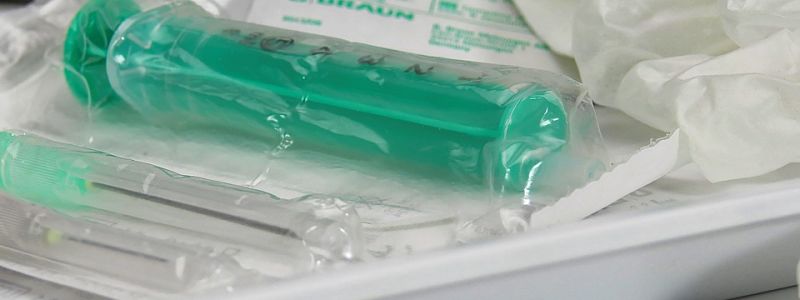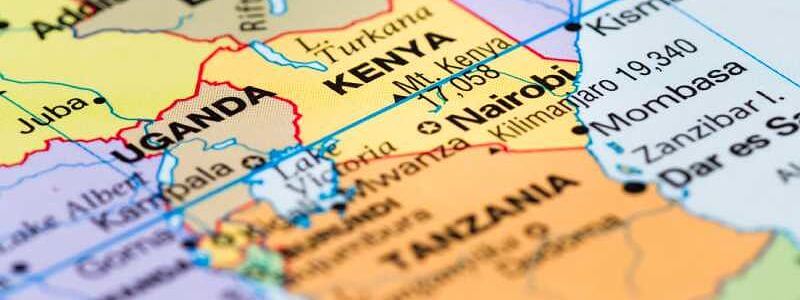
Several vaccinations are recommended to stay healthy and safe during a trip to Kenya. On this page, you can find out about the vaccines required to travel.
Arranging vaccines should be one of the first steps when planning a trip to Kenya. Some jabs need to be administered several weeks before the departure date and should therefore be arranged well in advance.
You can then apply for an eTA for Kenya and start planning your trip. Read on to find out about Kenya vaccination requirements.
Do I Need Vaccines for Kenya?
Yes, there are some recommended and required vaccines for Kenya. The requirements may differ depending on which areas you’ll be visiting.
You’re advised to seek medical advice several weeks before your trip. A doctor or other health professional can offer personalized recommendations.
As a guide, the lists below explain the main vaccination requirements for Kenya.
Recommended Travel Vaccinations for Kenya
Whilst these are not required vaccines for Kenya, all travelers should consider getting the following:
- Tetanus: Tetanus is caused when soil or manure gets into a cut or scratch and it becomes infected.
- Hepatitis A: This is mainly passed on via contaminated food. Those visiting places with poor levels of hygiene and sanitation are particularly at risk.
- Polio: Polio is a viral disease that affects the central nervous system and can have particularly devastating effects in children. It is contracted by coming into contact with infected people or through contaminated food and water.
- Typhoid: Typhoid is a bacterial infection and is caught by consuming contaminated food and water. Those visiting places with poor sanitation are especially at risk.
Vaccines for Some Travelers in Kenya
Travelers visiting certain areas of the country may also be recommended the following vaccines for Kenya:
- Hepatitis B: Children with cuts and scratches are particularly at risk. 2% of the Kenyan population has the disease.
- Rabies: People catch rabies when the saliva of an infected animal enters their bloodstream via a bite, scratch or lick. Dogs, cats, and bats are the most common source of the disease. It’s best to avoid all contact with animals during your stay.
- Yellow fever: A yellow fever vaccine is a required vaccine for Kenya when traveling from a country where the disease is prevalent. A yellow fever vaccination certificate is needed to enter.
- Cholera: Cholera is a bacterial infection that is contracted through contaminated water and food. The risk is higher in places without proper sanitation and where clean drinking water is unavailable.
- Meningococcal Disease: The most common type is meningitis. The disease is spread through respiratory droplets or secretions. Kenya lies in what is sometimes referred to as the “Meningitis Belt” of sub-Saharan Africa.
- Tuberculosis: Tuberculosis is a serious bacterial infection that affects the lungs. It is spread through respiratory droplets.
Routine Vaccinations for Kenya
Travelers should be up-to-date with several routine vaccines before going to Kenya:
- Measles-Mumps-Rubella (MMR)
- Tetanus, Diphtheria & Pertussis (TDAP)
- Chickenpox
- Shingles
- Pneumonia
- Influenza
- Polio
In addition to getting the recommended and required vaccines for Kenya, travelers should follow safety advice such as avoiding areas with poor sanitation and always drinking bottled water.
Visitors should also check Kenya eTA requirements and Kenya visa policy well ahead of departure.
Is there cholera in Kenya?
There have been some cholera outbreaks in Kenya in recent years. However, cases of this waterborne disease are localized to the counties of Garissa, Kirinyaga, Mandera, Turkana, and Wajir.
Cholera in travelers is rare and visitors can stay safe by getting a cholera vaccine before they go and taking precautionary measures such as:
- Drinking, cooking, and brushing teeth with bottled water
- Boiling water if bottled is not available
- Washing hands frequently with soap and water
- Peeling fruits and vegetables
- Cooking food, especially seafood, thoroughly and avoiding raw food
What are the chances of getting malaria in Kenya?
There is a moderate risk of malaria in Kenya. Travelers are advised to take prescription malaria prevention tablets in the days leading up to, during, and after the trip. A doctor can recommend the best type of medication.
Other ways to prevent getting the disease include covering arms and legs, using insect repellent, and sleeping under mosquito nets.


